According to Climate Accountability Institute’s new estimate, an oil pipeline that is being built in east Africa will emit enormous amounts of carbon dioxide. According to a professional estimate, the project will produce 379 million tonnes of climate-warming pollution, which is more than 25 times the combined yearly emissions of Uganda and Tanzania, the project\’s host countries. New research indicates that the massive East African crude oil pipeline project, which is being funded by China National Offshore Company and France\’s TotalEnergies, will emit much higher carbon emissions than projected.

The EACOP pipeline, which is now under construction, will transport oil hundreds of kilometers from Uganda to a port in Tanzania. The US-based Climate Accountability Institute (CAI) has warned EACOP will emit 379 million tonnes of carbon over its 25-year lifespan a so-called \”mid-sized carbon bomb\” that exceeds France\’s own national estimates for 2020. This is due to the report\’s failure to consider \”downstream\” emissions like those caused by moving oil from the pipeline to international markets, among other things.
At LC Africa we design, build, and operate sustainable ECO camps for companies and organisations in energy, infrastructure, oil, and gas industry to accelerate cost reduction, and to create a smaller carbon footprint or through sustainable productivity.

Our ambition is to deliver this sustainable productivity by offering solutions that support zero emissions, zero water waste and zero energy waste by adopting, green construction materials, renewable energy technologies, electric mobility, water recycling and purification technologies.
In addition, for reporting purposes, we provide accurate and certified data on the climate impact and sustainability efforts, computing the carbon footprints through easy monitoring and asset management in an effort to reduce emissions by utilizing cutting-edge technology.
These are the 5 Sustainable Technologies LC Africa Uses to Reduce Carbon Footprints.
1. Green Construction – Shipping Container Technology
The term \”green construction\” also referred to as \”green building\” or \”sustainable building\” describes a structure as well as the use of methods that are resource and environmentally conscious throughout a building\’s life cycle, from planning to design to construction to operation to maintenance to renovation to demolition.
This, therefore, presents a great opportunity at LC Africa to recycle old shipping containers and use them to build remote camp projects\’ living quarters, workspaces, kitchens, and other essential amenities. To see an example of an oil field camp we constructed utilizing shipping containers for one of our clients, click this link.
2. Energy management using solar panels and solar water heaters
The solar panel’s carbon footprint is roughly 20 times less than the carbon output of coal-powered electricity sources. As a result, your carbon footprint will decrease as soon as you install solar power in your home. One of the most well-known benefits of switching to solar is a reduction in greenhouse gas emissions. You lessen your reliance on the power companies when you use the sun to power your home. This enables you to reduce CO2 emissions and practice energy conservation, both of which help to safeguard the environment.

The solar water heaters and renewable energy systems at LCAfrica Sustainable Smart Eco Camps aid with energy management, produce measurable benefits, and have a quick payback. The choice of construction materials greatly affects the internal temperature conditions, which in turn affects the need for conditioning and operational costs. High thermal mass materials offer acoustic comforts in addition to thermal benefits.
3. Using Biogas systems and technologies

The remote eco camps that LCAfrica constructs have internal agricultural activities and guides to support food production for remote teams and community interactions. The eco campers are equipped with home biogas systems that create organic fertilizer for internal crop cultivation and clean cooking gas for the isolated camps. The host community picks up on this idea and applies it to their regular farming and cooking for a healthy clean energy revolution. It enables the local population to participate in the distant project and learn sustainable farm practices for higher yields and increased food security.
4. NUF Filtration for Clean and Bacteria-Free Water
Water is a resource that must be used wisely and is frequently scarce in rural regions, much like energy. To aid in camp operations and consumption, LCAfrica ECO camps are equipped with NUF technology, which can produce up to 5,000 gallons of water per hour. The technology is based on a water treatment patent that is recognized globally. Ultra-filtration filters at 3.3nm nominal filtration rate. Any water source or lake water (*except saltwater and chemicals such as near mines) can be treated to purify most pathogens, parasites, bacteria, suspended solids, most of the organic matters and most viruses. Used water is recycled through the same technology for conservation and better practice. The increased productivity level of remote teams who are accommodated in comfortable, energy efficient environments impact on the bottom line.
5. Use of electric vehicles
LC Africa provides and manages electric vehicles with solar charging stations that assist save on fuel expenses and protect the environment by reducing CO2 emissions in order to promote effective and carbon-free transportation for distant site projects. Sub-Saharan Africa\’s peri-urban and rural areas are ideal for electric vehicles. Cold temperatures are rare, speeds above 60km per hour are uncommon, and ranges of up to 80km per day are the norm. The supply of solar energy is effectively endless, making simple and robust solutions attractive from both a technological and an economic perspective. Establishing a CO2 emission-free charging infrastructure and local e-vehicle production also creates jobs and encourages economic and social development.
For inquiries on remote camps, how to keep tabs on your carbon footprint, eco-friendly living, and support services, call us at +254 797 968 817 or email: info@liteconafrica.com

